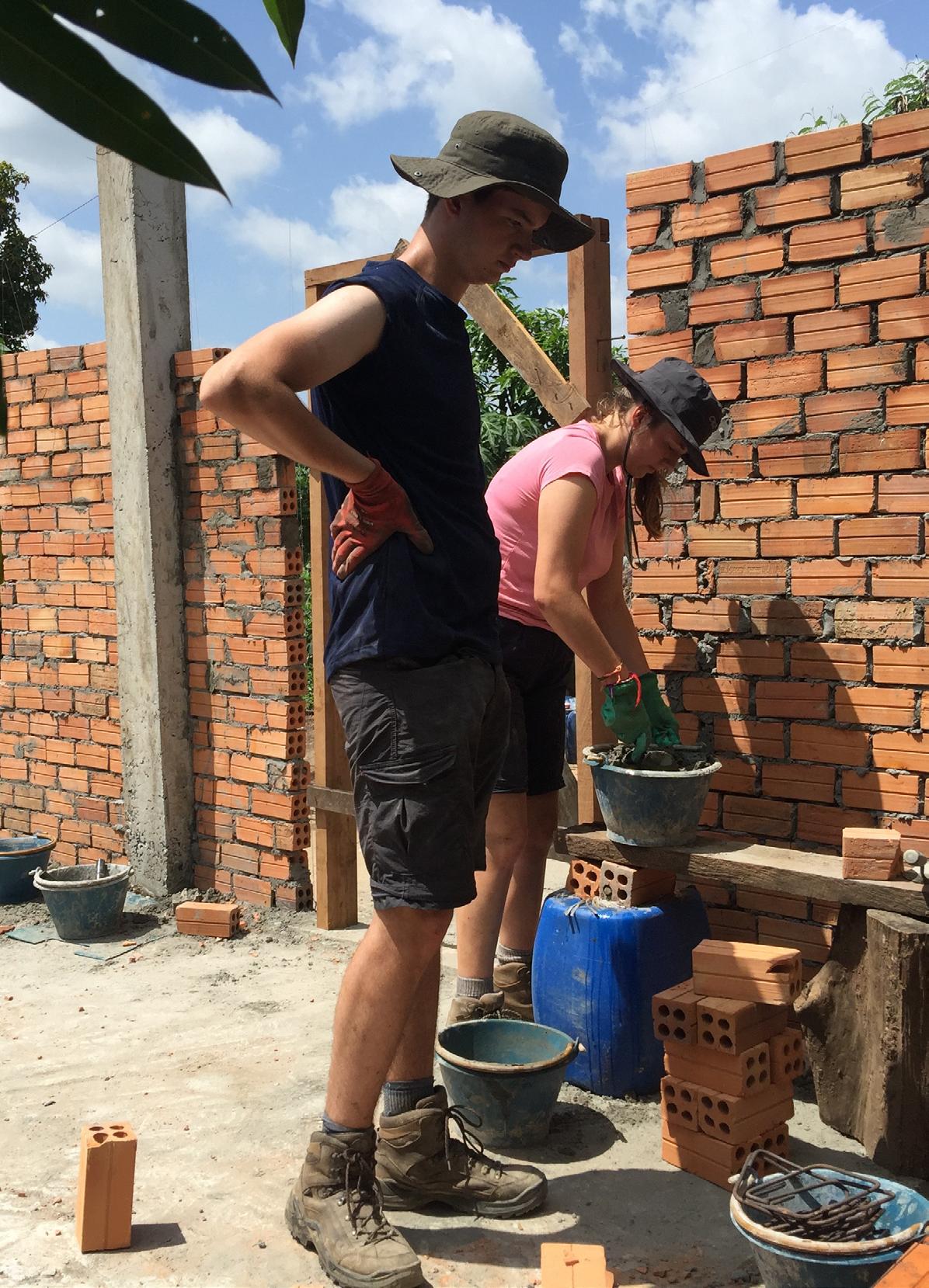
4 minute read
2022 Update:
Built 8 chicken coops for 8 local families in Beng Mealea. Two hens and a rooster were given to each family on completion day by students.
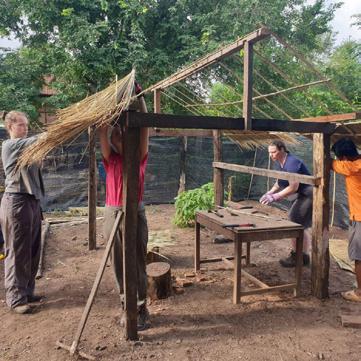
Success of Chicken Coops for Oun Dara
In 2019, we gave Oun Dara a rooster and two hens. He has become the most successful farmer out of 22 other chicken farmers in the area and is proud of how his chicken farm is growing. His entrepreneurial spirit has helped him to now expand into duck farming. During lockdown our local in-country staff helped him build a separate house for his ducks.
Did you know?
It takes 4-5 days from start to finish to build a chicken house/coop. With proper care each family can breed up to 80 chickens in a year.
Recreational Area in Toeuk Lich School - Beng Mealea
CC-CBM-010
More than half of the school grounds are wet and muddy during the rainy season, severely limiting the amount of outdoor recreational space for the children during break times. We plan to landscape the area around the pond in front of the teacher accommodation block and to build concrete pathways to improve classroom access and safety.

2022 Update:
Travelling students made 1,230 floor tiles and laid an 8m² pathway.
English Classroom - Beng Mealea and Beng Pae
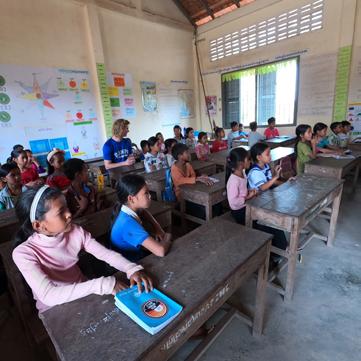
CC-CBM-017 and CC-CBP-009
Camp Cambodia has been employing a local English teacher in both villages as there is currently no English teacher at the school. Due to a lack of space at the local school, the lessons have been taking place in our camp. The project aims to build and furnish a purpose built classroom to use for the English lessons.
2022 Update:
A highlight for us in 2022, was the reopening of the English classes in Beng Mealea and Beng Pae after the pandemic. We have around 200 students that have excitedly returned to school to learn English. The school is open all year around but when our student travellers are visiting the Camp, they join in the lessons and provide the teacher with extra assistance in helping with speaking, reading, and writing lessons.
The importance of English classes
One of the main reasons we teach English is for employment. Beng Mealea is close to Siem Reap and tourism jobs. The classes allow students to access global media and news giving them a wider global perspective.
Camp Cambodia support the running of English classes by employing both local teachers and paying them a monthly salary to ensure that teaching goes on 365 days a year and not just when we have student travellers in camp.
Meet our English Teacher, Sopheak - Beng Pae
Our English teacher was one of our original students at our English teaching in Camp Beng Pae and has been doing a wonderful job. Camps International aim to continue supporting her own development by helping her connect with other teachers.
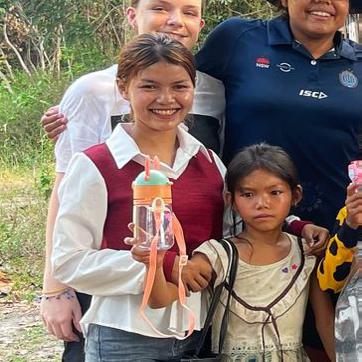
Ta Lek School Improvement - Beng Pae
CC-CBP-004
As with most rural schools in Cambodia, Ta Lek is very underfunded & struggles with basic maintenance of the school infrastructure. We aim to refurbish the primary school in Ta Lek Village in Beng Pae Wildlife Area, improving the basic resources necessary for academic performance. The school currently serves 386 pupils, though this is set to increase considerably. Completion of the project will provide the children of this area with a better learning environment and consequently, a much better education.
2022 Update:
Our travelling students reconnected with the community and helped with a school clean-up by with the children and working in the school garden.
Ta Lek Community Toilets - Beng Pae
At the start of this project none of the houses in the village of Ta Lek had any form of toilet. This meant that people go to the toilet in the undergrowth around their houses, which creates a very high risk of spreading disease. Our aim is to build a simple toilet design which includes rainwater harvesting for flushing and hand washing and to start building these initially in strategic places in the village, eventually providing one toilet for each household in the village.
2022 Update:
In 2022, we built a further 8 toilets raising the number of toilets to 69.
Housing Projects - Beng Mealea and Beng Pae
Around 80 per cent of Cambodia’s population lives in rural housing. Traditional houses are usually raised stilt homes made of wood to protect the occupants from flooding and mud slides, but due to widespread poverty, houses are often rotting and leaking. It’s not uncommon to find tiny little shacks made of grass and sticks that are home to families with up to nine children. Without any income it is impossible for these families to buy the materials needed to upgrade their houses. Camp Cambodia continues to identify those families in need so they can look to replace as many of these houses as possible with a simple construction that can be built reasonably quickly but will provide a good standard of shelter and security for those in need.
Family Update in Oromchek Village
Camps International and travelling students helped build a house for a family in the village in 2018. Read how the support from our travellers and in-country teams has contributed to paving the way for a more secure future for the family.
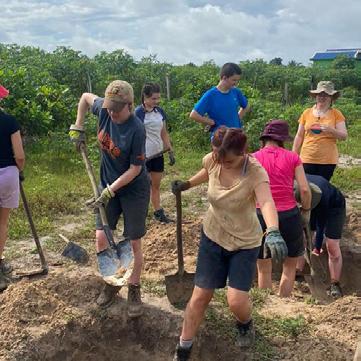
Costa Rica

Each of our projects is designed to support the UN Sustainable Development Goals (SDGs) and in particular the following SDGs within Costa Rica.
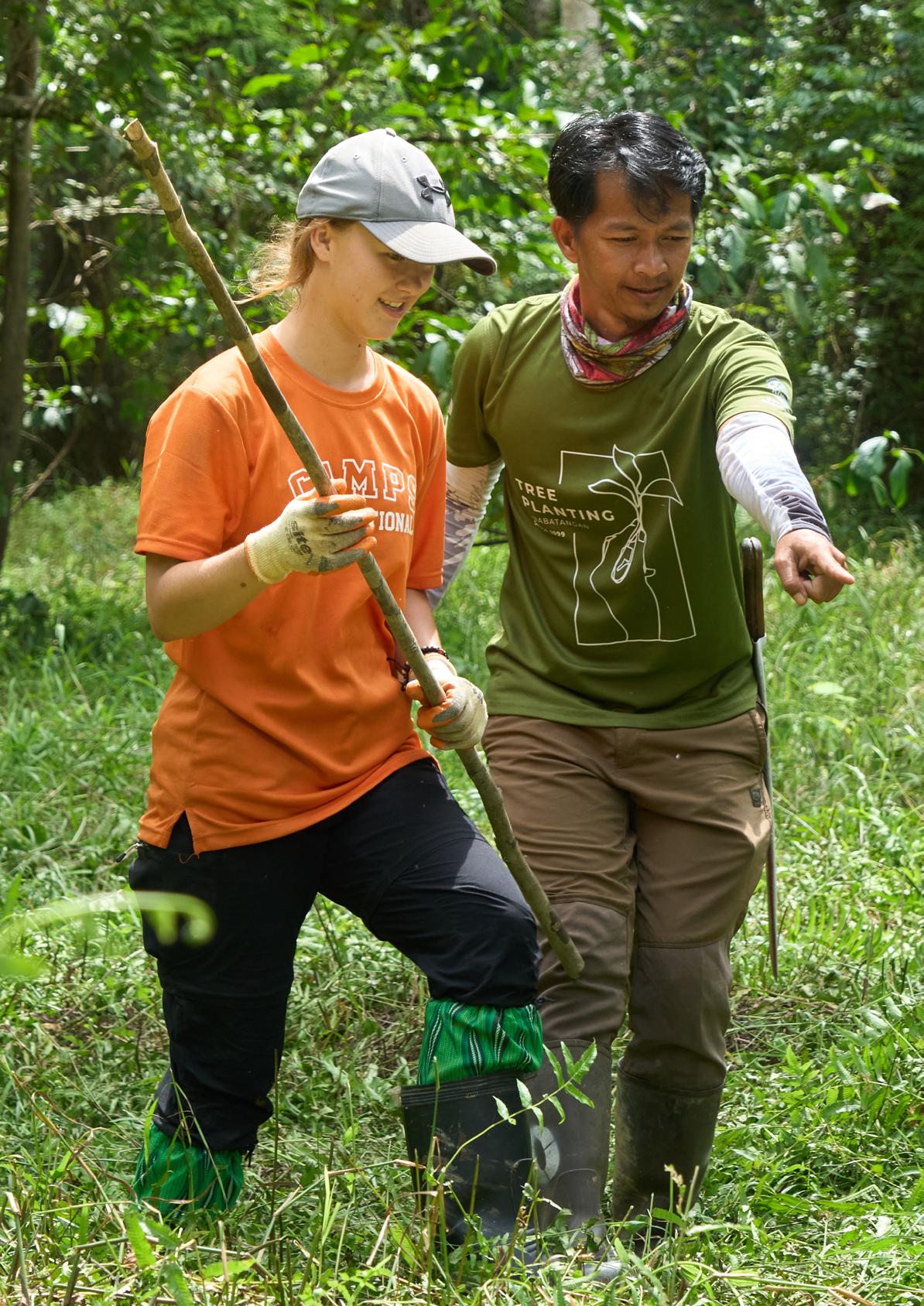
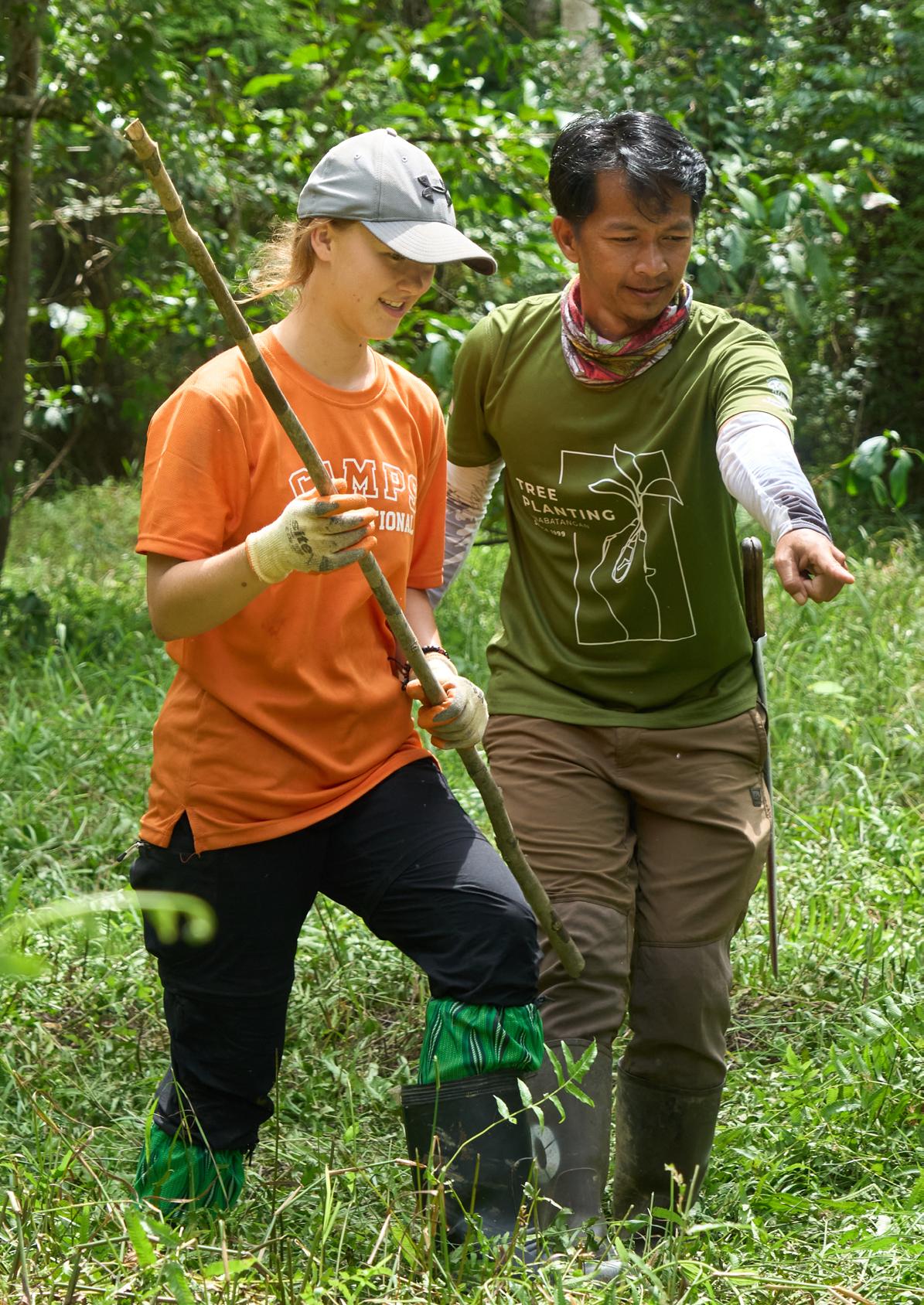
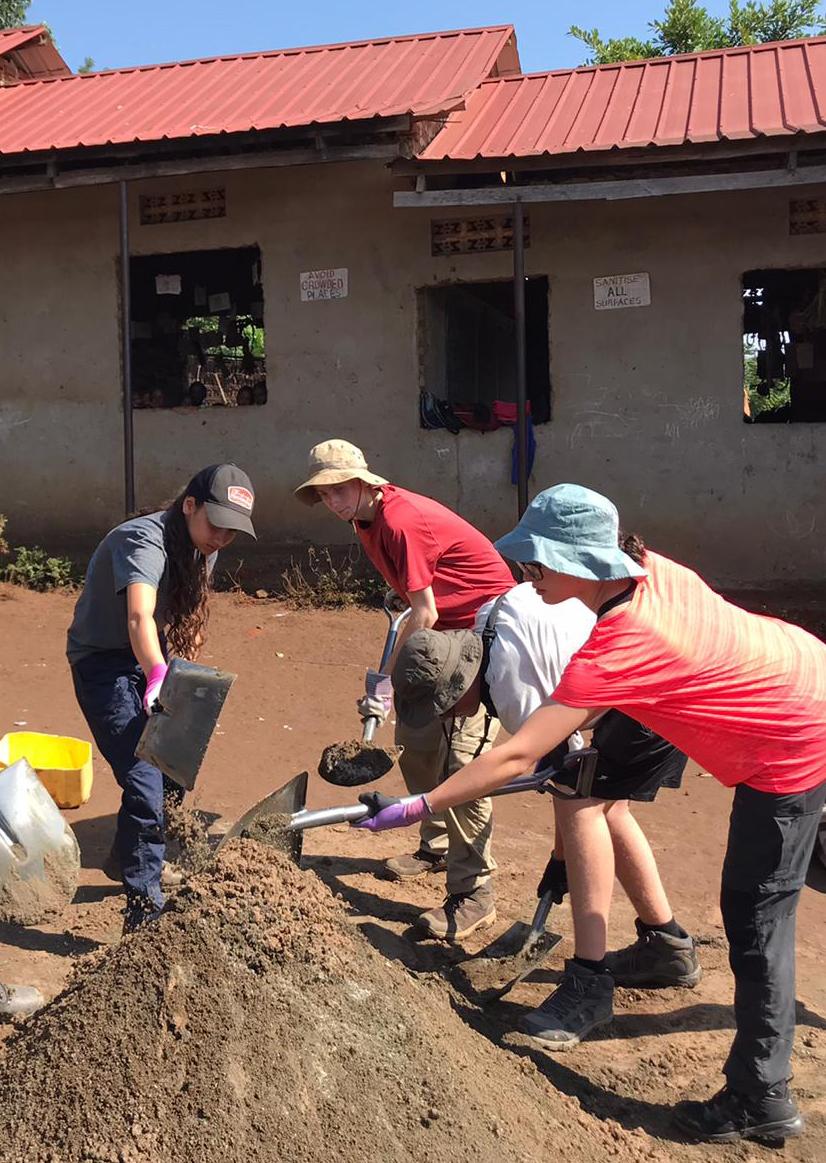

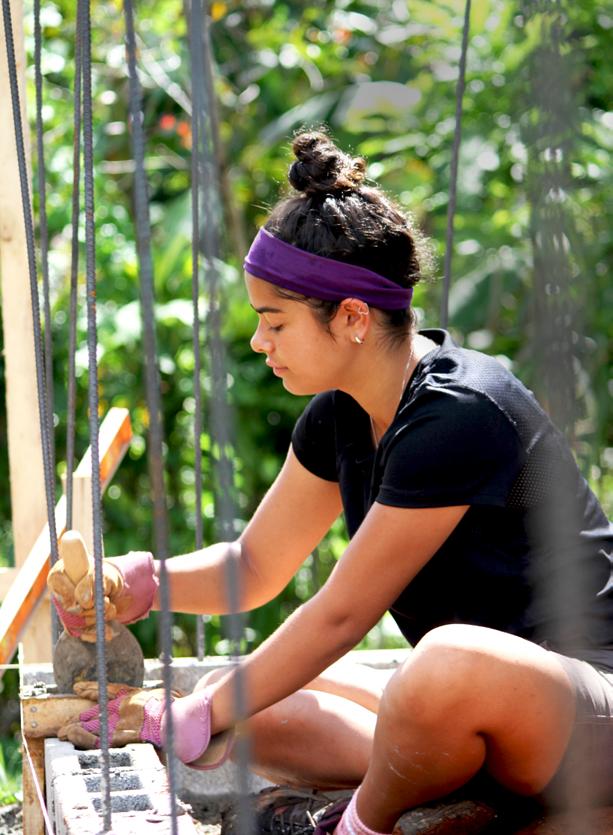
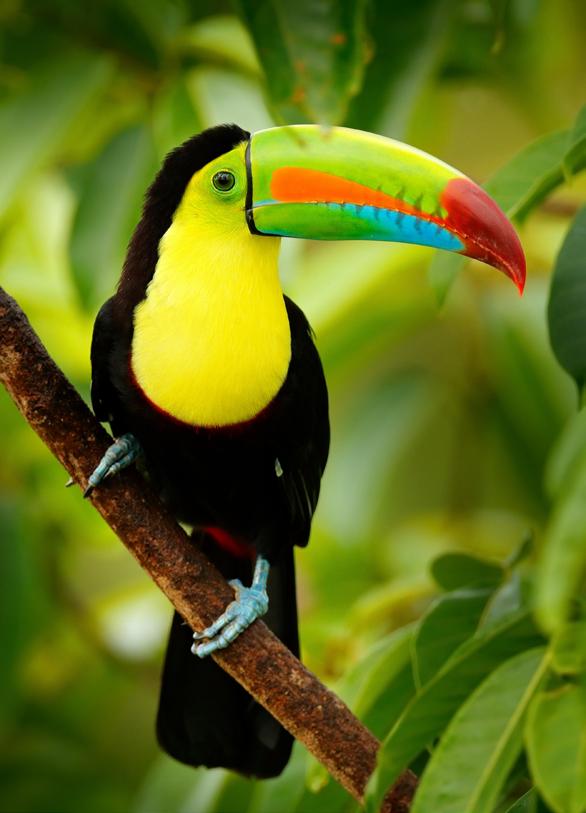
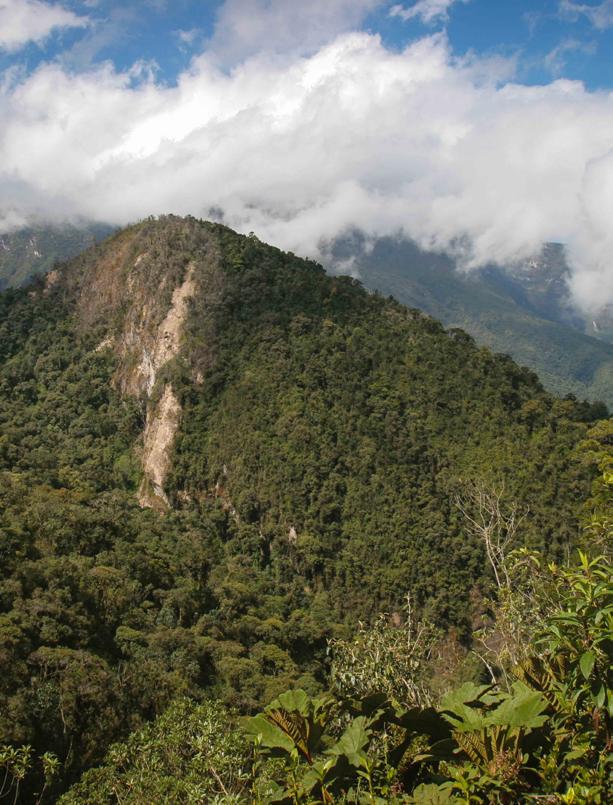
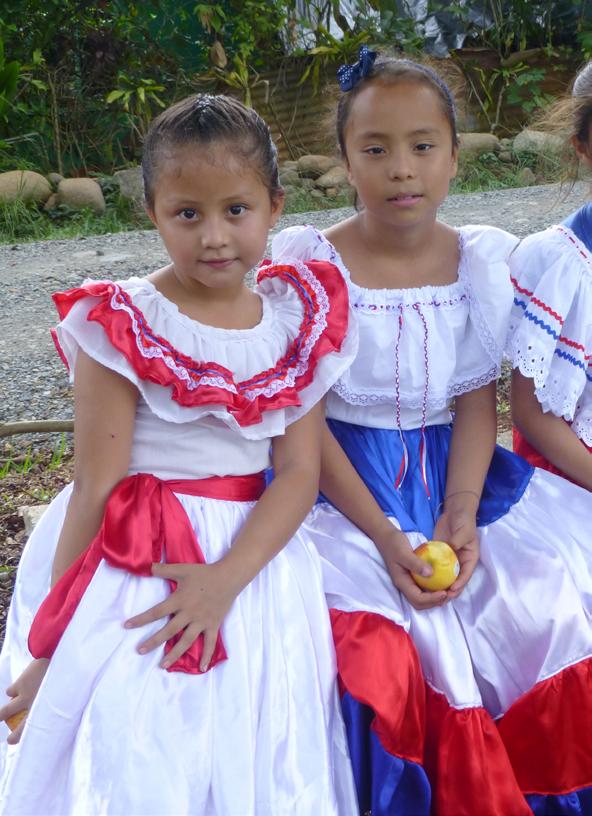
Costa Rica Project Highlights (2017 - 2022)
400
Beehives built approximately.
60 134
Bird boxes built and installed. Different shaped and coloured moulds created to form an artificial reef and provide a sheltered environment for endangered species in the area.
37
Concrete boundary posts installed to segregate the refuge (national park) from private land.
Tourism boosting initiatives:
• 59 picnic benches built
• Maintenance and appearance of the Caño Negro Park
• Maintenance and improvement of sacred petroglyph site
• 20 barbeques constructed
Formed Key Partnerships with SINAC and the Integral Development Associations (ADI).
In Costa Rica, projects are designed to make a significant and lasting impact on the region’s most critical issues. Projects typically focus on:
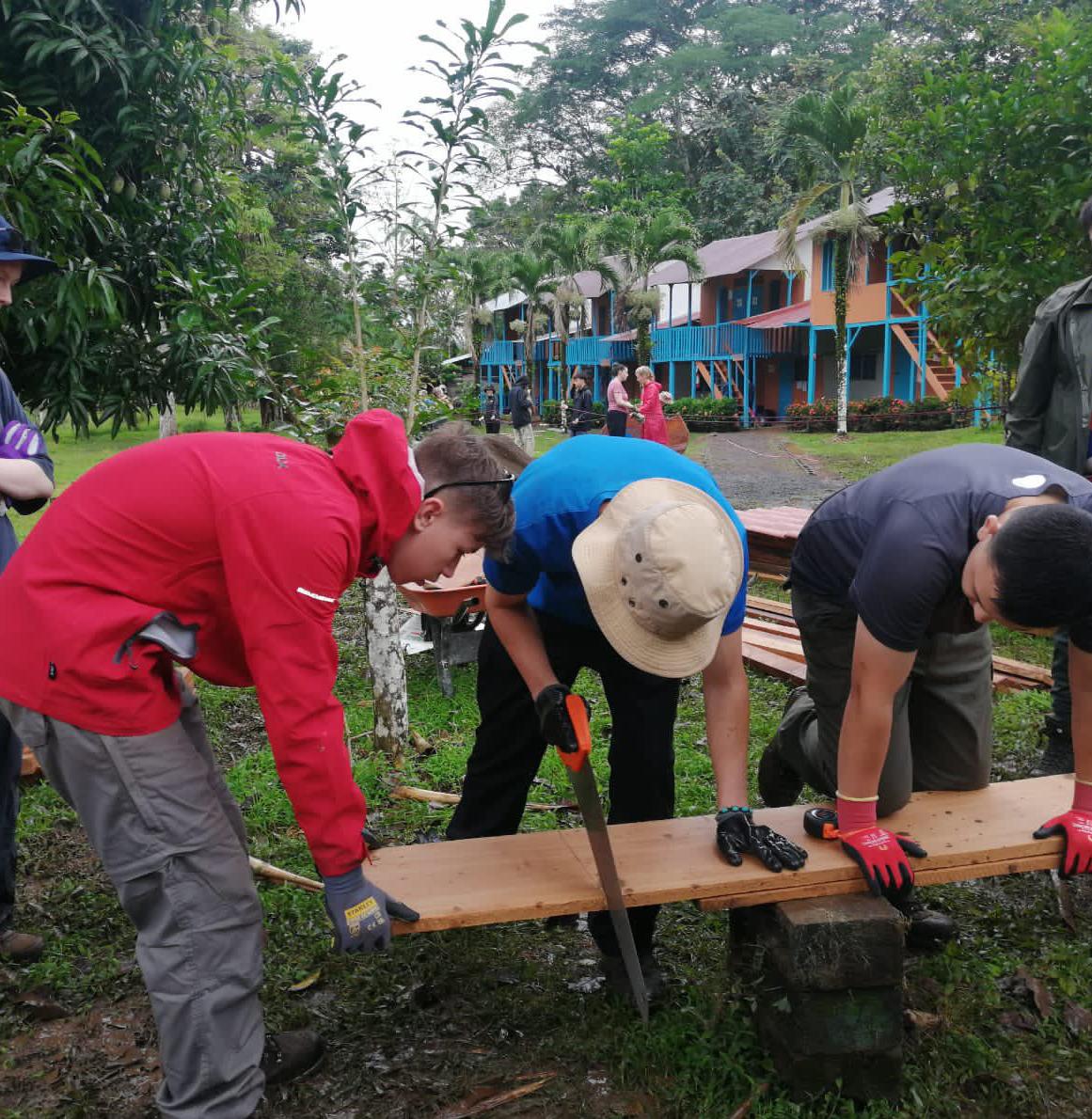
Supporting conservation efforts such as reforestation, beehive construction and lime-washing trees.
Contributing to projects to encourage eco-tourism in the area.
Supporting community development such as constructing a special educational needs centre and a community playground.
Supporting local NGO on projects such as monitoring biodiversity, building bird boxes and supporting primate conservation.










